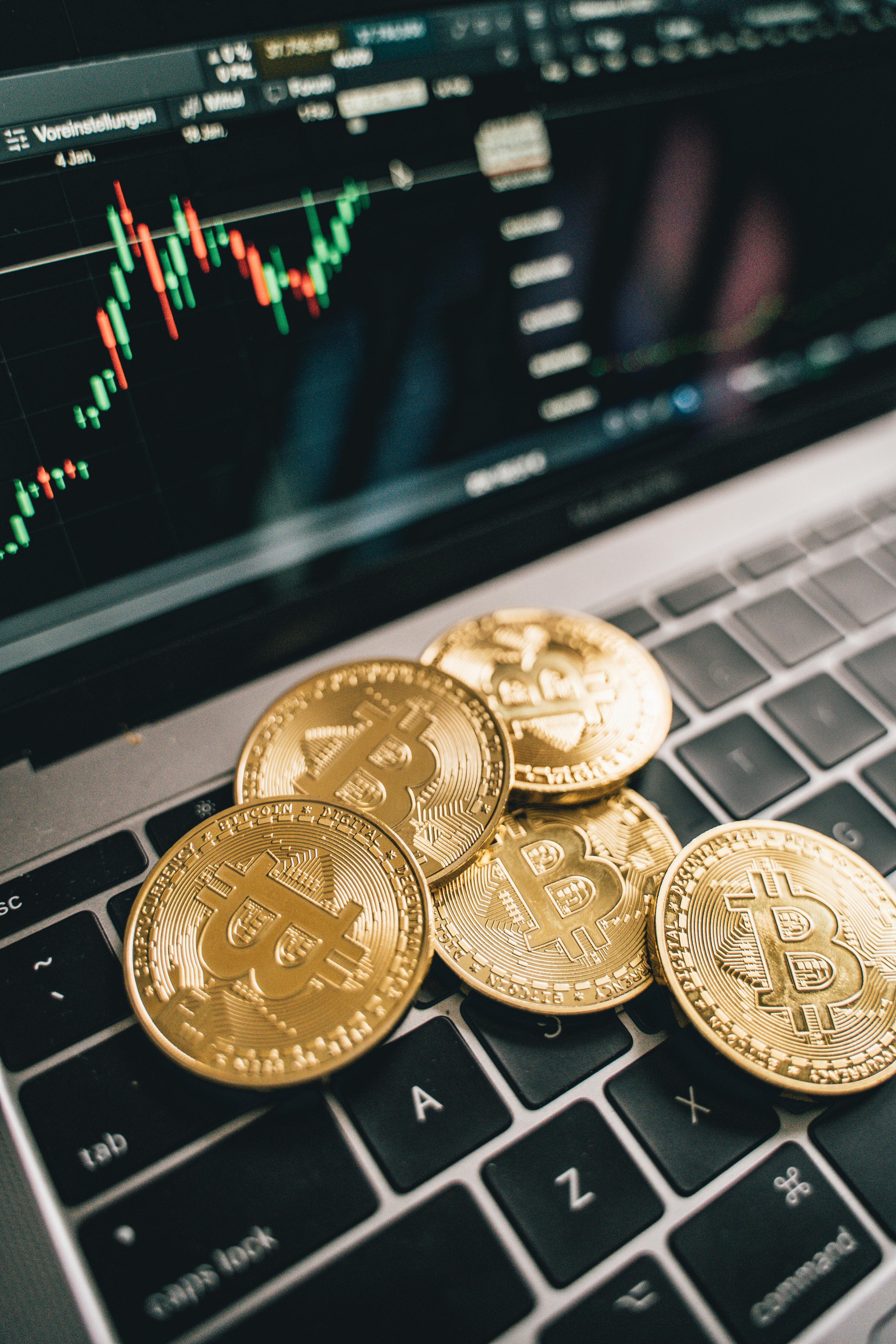
https://www.pexels.com/photo/gold-coins-on-the-laptop-6770845
With the rise of cryptocurrency and blockchain, scams have become more common. Everyone wants a piece of crypto and to benefit from the potential earnings it can make. The harsh truth about crypto is that it is one of the riskiest investments to make, and with more fraudulent activity surrounding crypto it is much easier to lose money than gain money from cryptocurrency.
The main problem with digital currency scams is that the money lost from them is extremely hard to get back. Often, some people can retrieve their money back through investment fraud lawyers, however for those early into their cryptocurrency investment strategy, they are most susceptible to being fooled by scammers.
Here are some common cryptocurrency scams and how to avoid them:
Ponzi schemes
This is a classic scam where early investors are paid returns with the funds collected from later investors. They usually offer high returns with little to no risk. To avoid Ponzi schemes, be wary of guarantees of high returns, do research, and check if the company is registered with the relevant authorities.
Phishing attacks
Scammers create fake websites, emails, or social media profiles to trick you into revealing sensitive information like private keys or passwords. To avoid phishing attacks, do not click on links from unknown sources, always check the URL, and use two-factor authentication.
Pump-and-dump schemes
Scammers manipulate the price of a cryptocurrency by artificially inflating demand, causing the price to go up. They then sell their holdings at a profit, leaving investors with worthless coins. To avoid pump-and-dump schemes, be cautious of new or unfamiliar cryptocurrencies, do your own research, and avoid buying into coins with low trading volumes.
ICO scams
Initial coin offerings, known as ICOs, are a way for startups to raise funds by issuing new cryptocurrencies. Some ICOs are scams that never deliver on their promises or vanish with the funds raised. To avoid ICO scams, be cautious of ICOs without a working product, research the team and advisers, and check if the ICO is registered with the relevant authorities.
Giveaway scams
Scammers create fake giveaways on social media, promising to give away free cryptocurrency if you send them a small amount first. To avoid giveaway scams, never send cryptocurrency to anyone claiming to be giving away free coins, and be wary of giveaways that ask for personal information or private keys.
Final Thoughts
In conclusion, be cautious, do your research, and never invest more than you can afford to lose. If something seems too good to be true, it probably is. Fraudsters often target the most vulnerable people who are just getting started into their cryptocurrency investment journey, but you should keep in mind that experienced investors have also been scammed out of billions which continues to grow watch year. Always keep your private information safe, and if you decide you have found a reliable broker to pass your money to, ensure it is not a part of a broker scam.